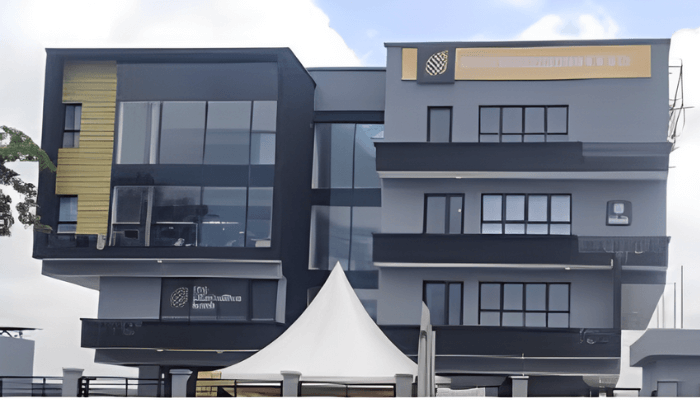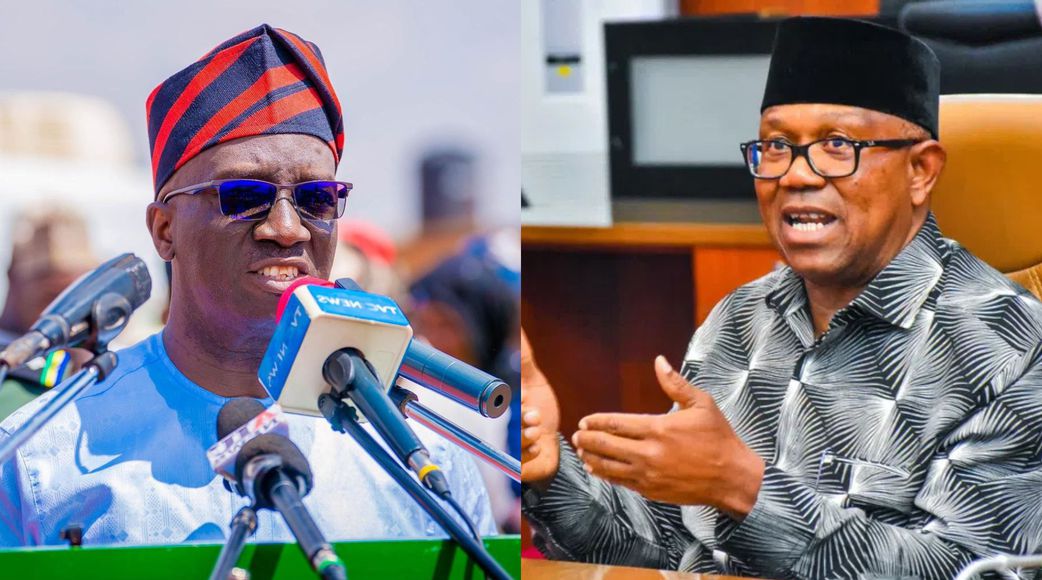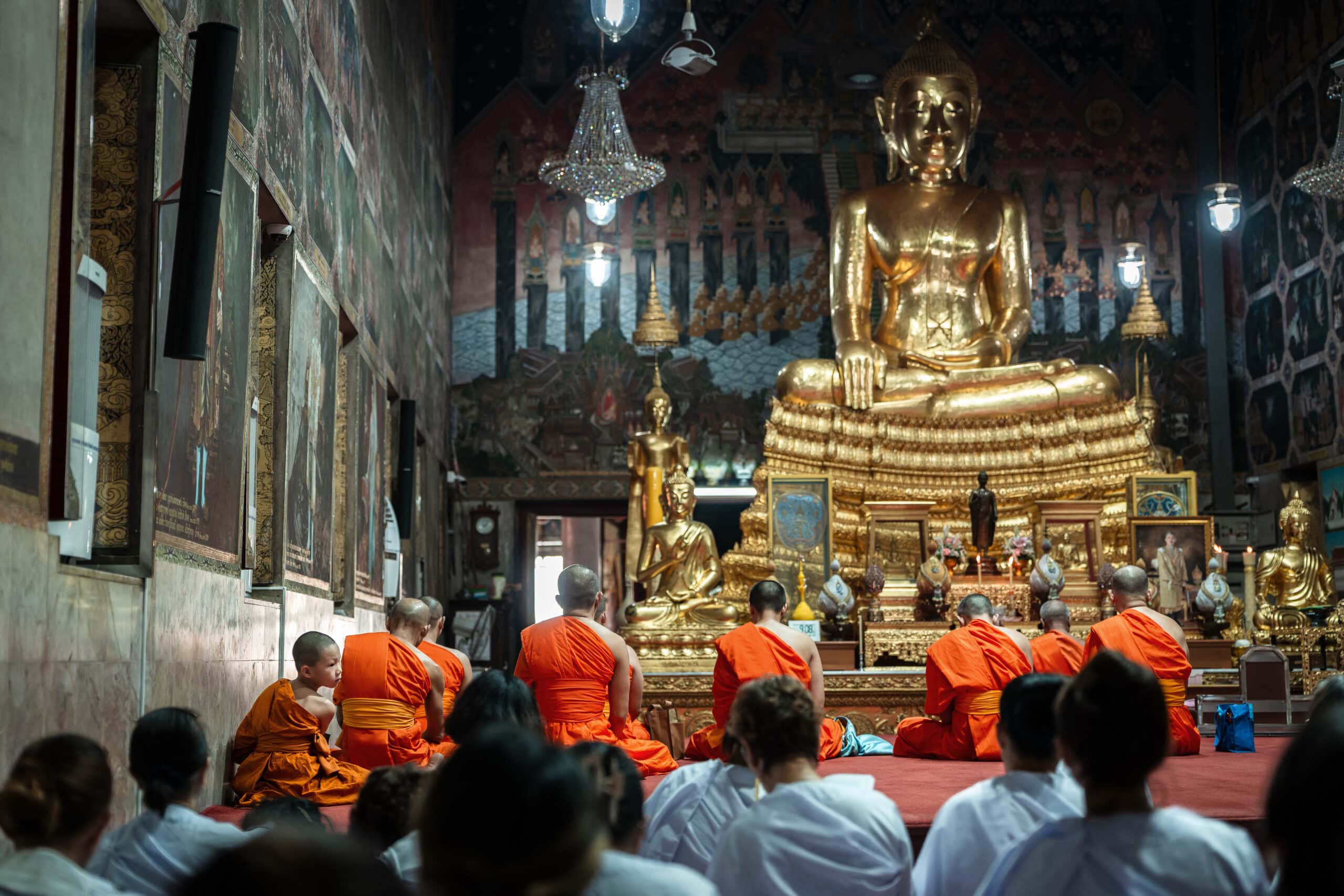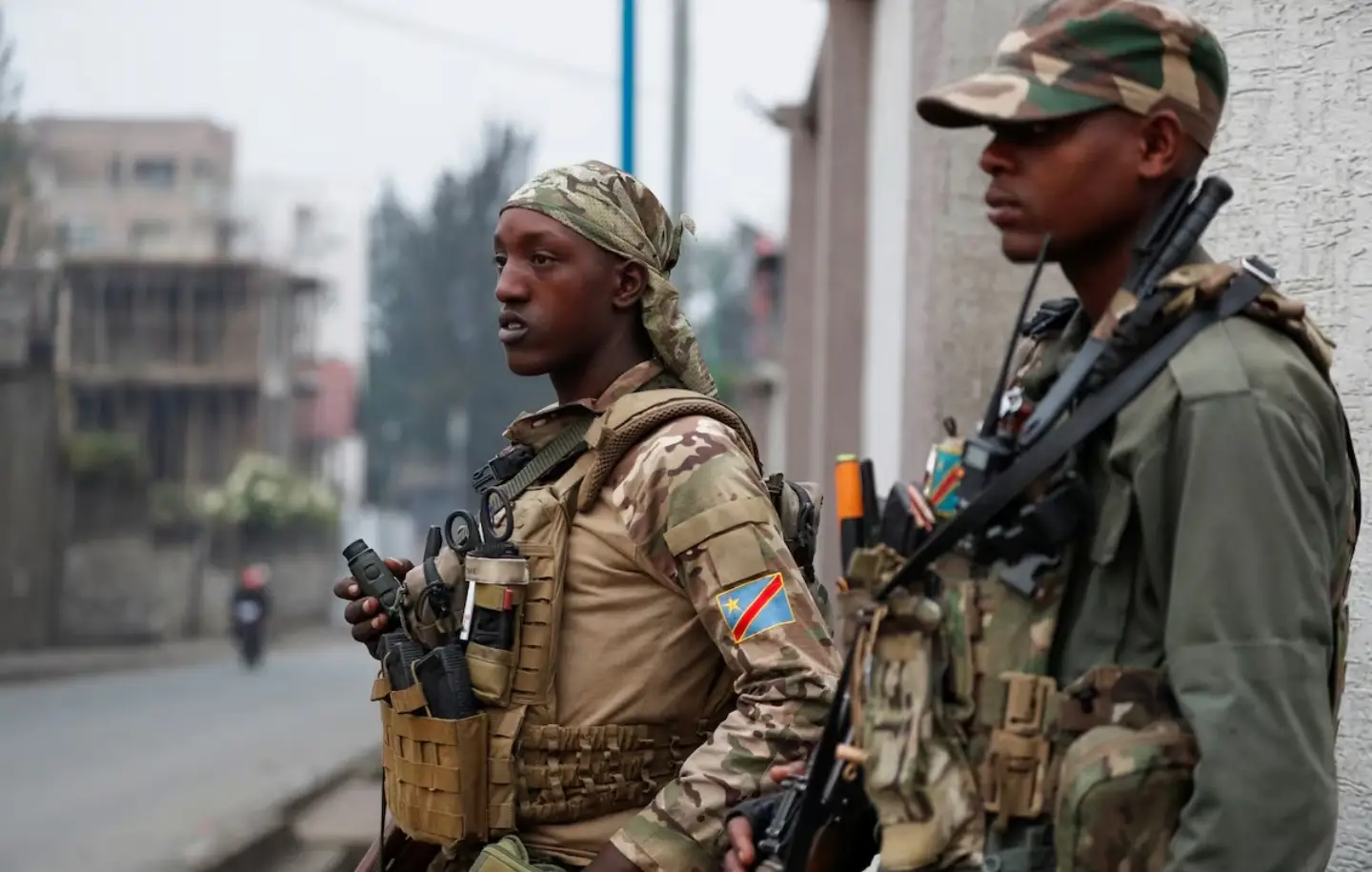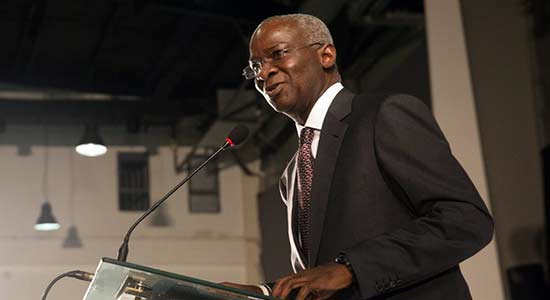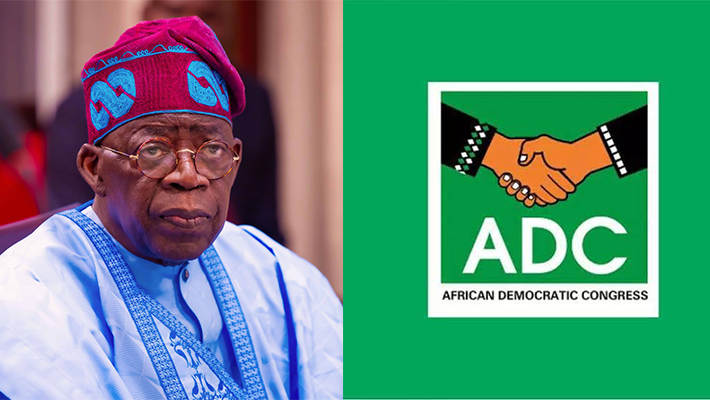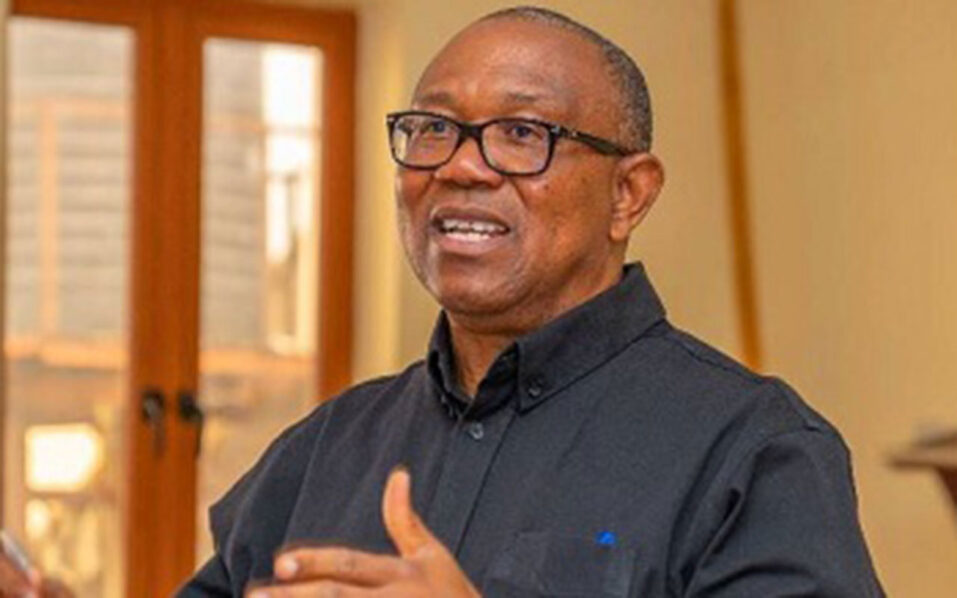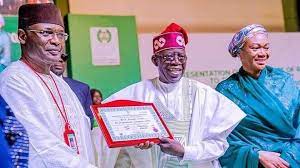A former Lagos State governor and candidate of the ruling All Progressives Congress (APC), Bola Tinubu, was on Wednesday morning declared the winner of the keenly contested 25 February presidential election and was issued the certificate of return later in the day.
In his first go at the presidency, Mr Tinubu beat 17 other contenders and was declared as the president-elect by the Chairman of the Independent National Electoral Commission (INEC), Mahmood Yakubu, who is the returning officer for the election. Mr Tinubu polled 8,794,726 votes, which was just 36 per cent of the totals vote cast but also about 1.8 million more than his closest rival, Atiku Abubakar of the Peoples Democratic Party (PDP), garnered in the poll.
The president-elect also scored at least 25 per cent and above votes cast across 30 of Nigeria’s 36 States and Abuja, exceeding the 25 states constitutionally required to be declared the winner.
Among the other major candidates, Atiku recorded 6,984,520 (29 per cent) votes, Peter Obi of the Labour Party got 6,101,533 (25 per cent) votes while Rabiu Kwankwaso of the NNPP came fourth with 1,496,687 votes.
With his victory, Mr Tinubu is poised to become Nigeria’s fifth president of the Fourth Republic and the 16th leader of Africa’s most populous country since its independence in 1960.
Interestingly, the three leading candidates, Mr Tinubu and Atiku won the majority of the votes cast in 12 states each, Mr Obi in 11 states and the Federal Capital Territory, while Mr Kwankwaso won in only his home Kano State.
Mr Tinubu won in Rivers (44 per cent), Borno (54 per cent), Jigawa (46 per cent), Zamfara (59 per cent), Benue (40 per cent), Kogi (53 per cent), Kwara (56 per cent), Niger (48 per cent), Ekiti (65 per cent), Ondo (67 per cent), Oyo (56 per cent) and Ogun (59 per cent).
Atiku won in Katsina (46 per cent), Kebbi (51 per cent), Sokoto (49 per cent), Kaduna (41 per cent), Gombe (63 per cent), Yobe (52 per cent), Bauchi (50 per cent), Adamawa (57 per cent) and Taraba(38 per cent).
The former Vice President also won in Osun (48 per cent), Akwa Ibom (39 per cent) and Bayelsa (42 per cent).
On his part, Mr Obi won in Edo (57 per cent ), Cross River (43 per cent) Delta (56 per cent) , Lagos (46 per cent), FCT (61 per cent), Plateau (43 per cent), Imo (77 per cent), Ebonyi ( 80 per cent) Nasarawa (35 per cent), Anambra (95 per cent), Abia (88 per cent) and Enugu (94 per cent) states.
Mr Kwankwaso won in only Kano State (59 per cent).
However, five major factors contributed to Mr Tinubu’s victory on Saturday.
- Big wins in the South-west
In spite of being beaten by Mr Obi in his home Lagos State and by Atiku in Osun, Mr Tinubu got most of the votes in the South-west region after recording impressive victory in the four other states of the zone – Oyo, Ondo, Ogun and Ekiti.
The votes indicate that a large majority of his kinsmen supported the presidential ambition of the 70-year-old former Lagos governor and most influential politician in the zone.
In Ekiti, Mr Tinubu cruised to victory in all 16 local government areas (LGAs) of the state to defeat his closest rivals, Atiku and Obi.

